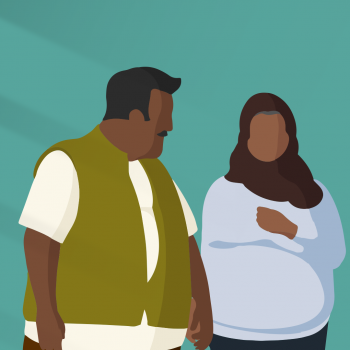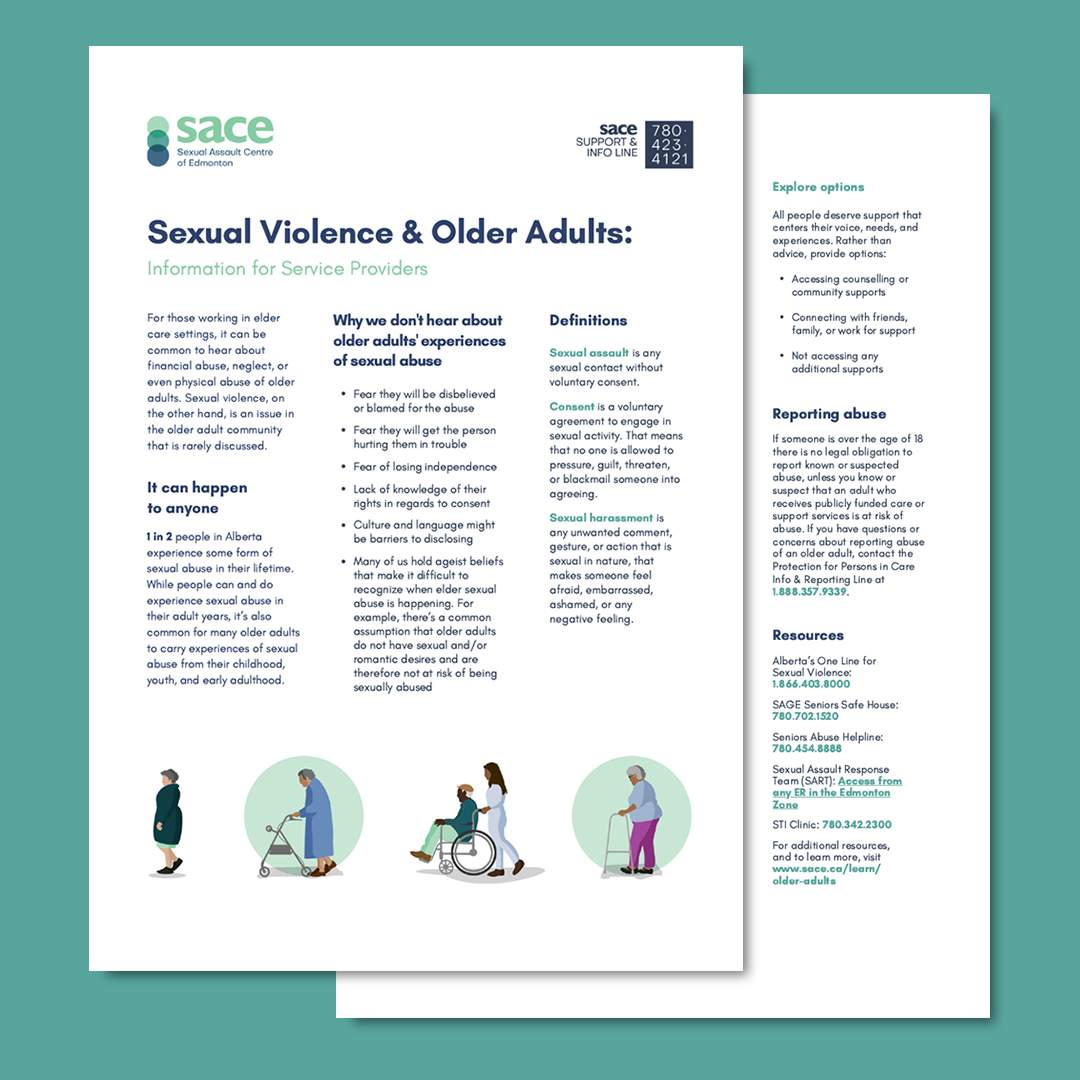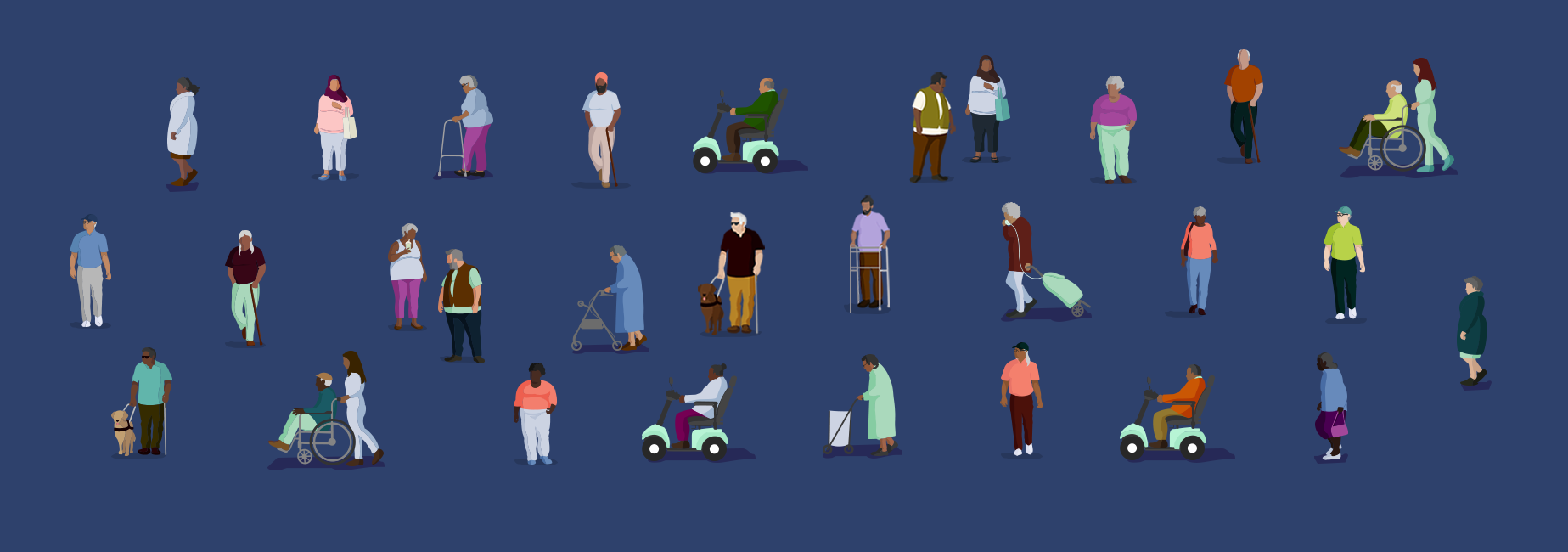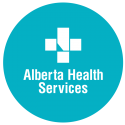Addressing sexual violence in the older adult community starts with acknowledging that it happens
Elder abuse is unfortunately very common: a national 2015 study suggests that 7.5% or nearly 700,000 older adults in Canada experience some form of elder abuse each year. For those working in elder care settings, or providing support to an older loved one, it can be common to hear about financial abuse, neglect, or even physical abuse of older adults. Sexual violence, on the other hand, is a pervasive issue in the older adult community that is rarely discussed. Supporting older adults who have experienced sexual violence, then, starts with acknowledging that it happens, and making space for people to recognize and talk about their experiences.
It can happen to anyone
A recent Alberta-wide survey found that 1 in 2 people experience some form of sexual abuse in their lifetime. This means that we all know someone impacted by sexual abuse, whether they’ve told us about it or not. It’s also important to consider that 1 in 3 people who took this survey reported experiencing sexual abuse before the age of 18. This shows us that, while people can and do experience sexual violence in their older adult years, it’s also common for many people, including seniors or older adults, to carry experiences of sexual abuse from their childhood, youth, and early adulthood.

How you can help
It can be very hard for people to disclose that they have experienced sexual abuse, whether the abuse happened recently or in the past. It’s common for those who have experienced abuse in their childhood, teenage years, or early adulthood to not talk about these experiences until later in their life. It’s important that people receive a supportive response to a disclosure of sexual abuse no matter when they reach out for help. It’s also important for people to know that it’s never too late to receive support or to heal from abuse.
Listen
Listening without judgement can help people feel comfortable, safe, and supported.
Believe
Many people who experience sexual violence worry they will not be believed, and many people who reach out for help following sexual abuse are not met with a supportive response. Not being believed can have very damaging impacts on healing, which is why you should show that you believe the person through both your words and actions. The following statements often have a positive impact:
People can respond to traumatic events in ways that might be confusing for supporters. Keep in mind that there is no wrong way for someone to be feeling, or for someone to respond, following an experience of sexual abuse.
As well, even though it is extremely rare for people to lie about sexual violence, it is common for people of all ages to have trouble remembering the details of the abuse. It is so important to believe people when they reach out for help following sexual abuse, even if they do not have clear or complete memories about the abuse.
Be mindful about questions
Here are a few important things to note about asking questions:

Respect privacy
When someone experiences sexual abuse their power and autonomy is temporarily taken away; whenever we are supporting someone we want to look for opportunities where this person can have control over their life and their healing.
It’s incredibly important for the person who has experienced abuse to decide who they share the information with, when they share it, and for them to be able to share it in their own words. Be respectful of people’s right to privacy and confidentiality.
Explore options
People of all ages deserve to be supported in an empowering way that centers their voice, experiences, and needs. Respect their autonomy and their ability to make decisions that are right for themselves, even if that means they don’t want to access any resources.
Rather than telling the person what you think they should do following an experience of sexual violence, it is better to explore the options that are available to them. Providing options (rather than advice) is important as it allows the individual to decide what happens next on their healing journey. Some options include:
Reporting abuse
If someone is over the age of 18 there is no legal obligation to report known or suspected abuse, unless you know or suspect that an adult who receives publicly funded care or support services is at risk of abuse. If you have questions or concerns about reporting the abuse of an older adult, please contact the Protection for Persons in Care Information and Reporting Line:
Other important things to keep in mind about reporting abuse to the police:
Resources

Sexual Violence and Older Adults One-Pager
SACE has also created a digital one-pager for service providers on the subject of sexual violence and older adults, available for download.









